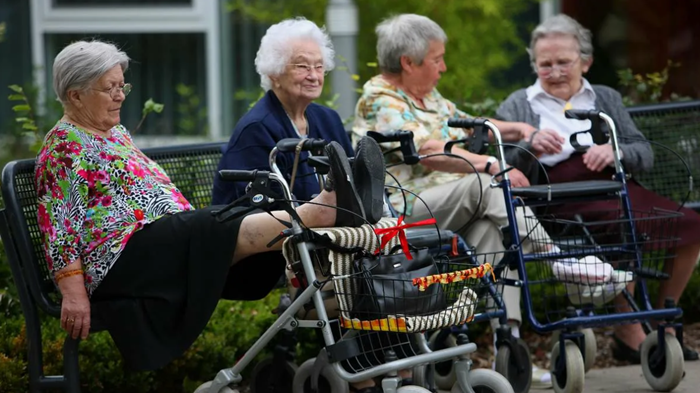Germany’s pension policy is set for major changes. The new black-red coalition of the CDU/CSU and the SPD announced comprehensive reforms in their coalition agreement, aimed at both stabilizing pension levels and introducing new pension models.
However, these plans have drawn widespread criticism from economic experts, NGOs and the Federal Audit Office, which warn of a significant financial burden and possible inequity between generations.
The government plans to maintain the level of old-age benefits at 48% until 2031, so that pensions, measured as the ratio of the standard pension to the average income, do not continue to decline despite demographic problems. Although Gundula Rosbach, President of Deutsche Rentenversicherung, emphasizes that in the future, pension adjustments will depend solely on wage developments, experts warn that without further structural changes, there is a risk that the contribution rate will increase from the current 18.6% to around 20% during the current legislative period.
Introduction of new pension models
In addition to stabilizing the current pension level, two innovative models are planned:
Early pension
This concept involves a monthly transfer of 10 euros to an individual pension deposit for each school-age child between the ages of six and 18. The deposit will be privately financed and organized. From the age of 18, additional voluntary private contributions are possible until retirement. An additional incentive is the exemption from tax on investment income until retirement. The measure is due to come into force in 2026, but the AfD and some social politicians have criticised it as a “symbolic project” because the long-term accumulation of assets is not considered effective enough.
Active pension
With this measure, the coalition aims to motivate older workers to stay in work after reaching the statutory retirement age of 67. Participants in this model will be able to receive up to 2,000 euros per month tax-free, allowing them to continue to participate in working life. In addition, the existing rules regarding additional earnings for recipients of survivor’s pensions are planned to be improved.

